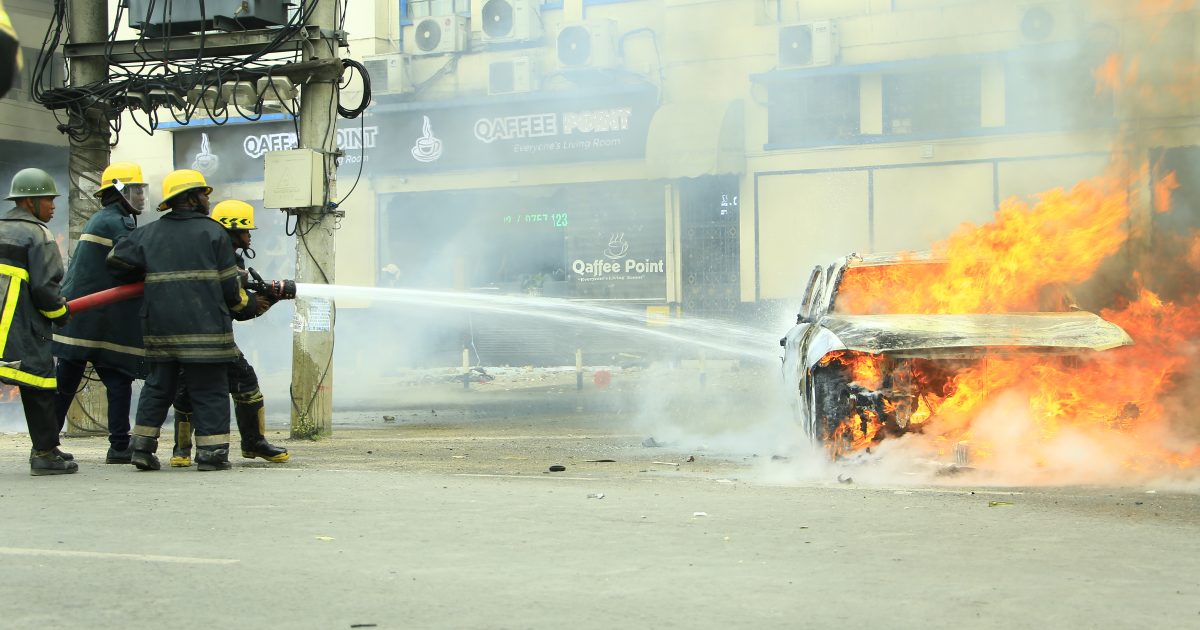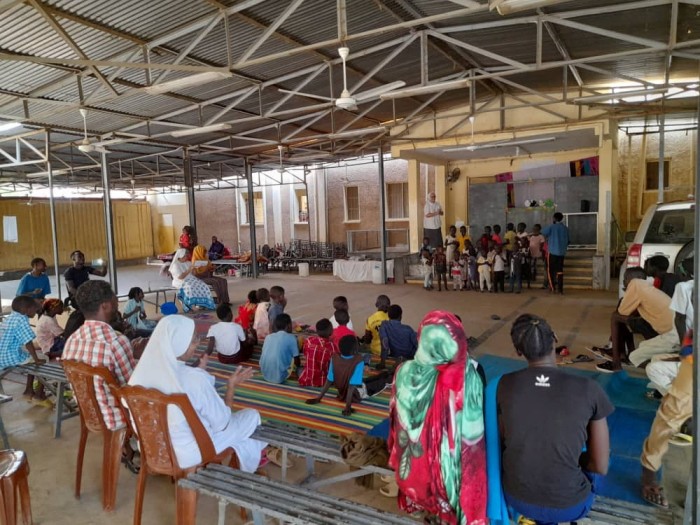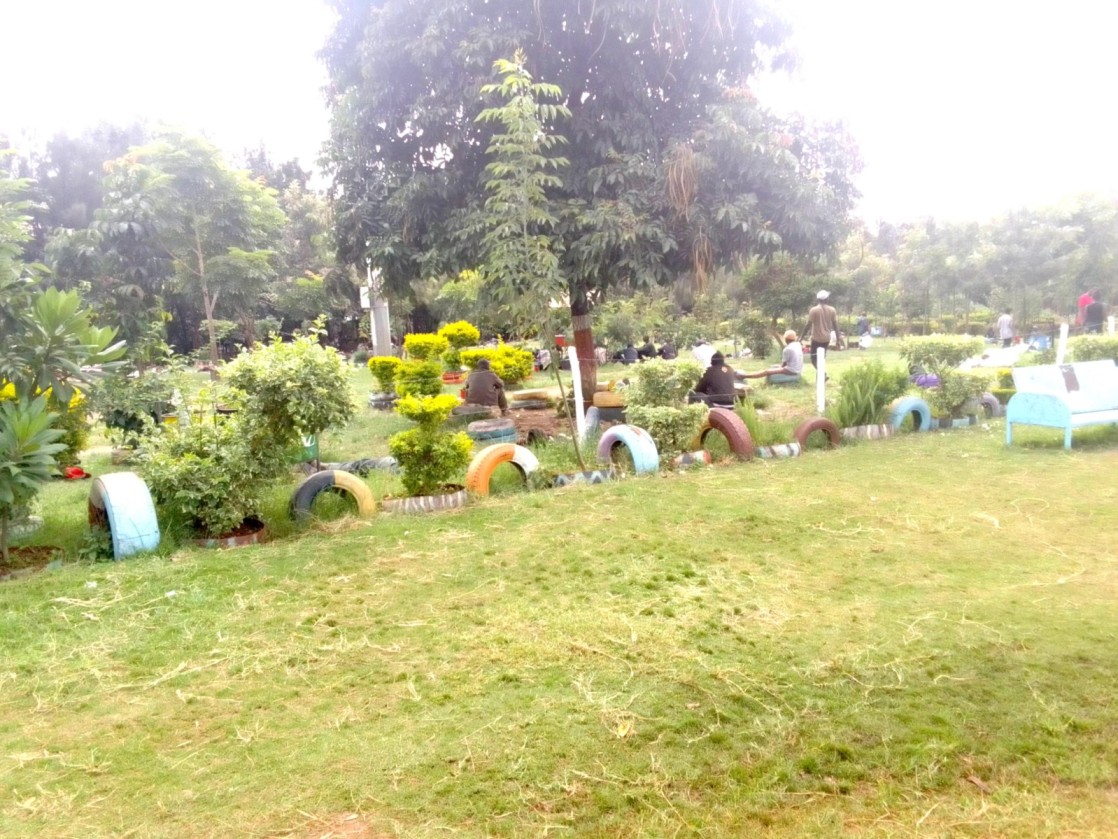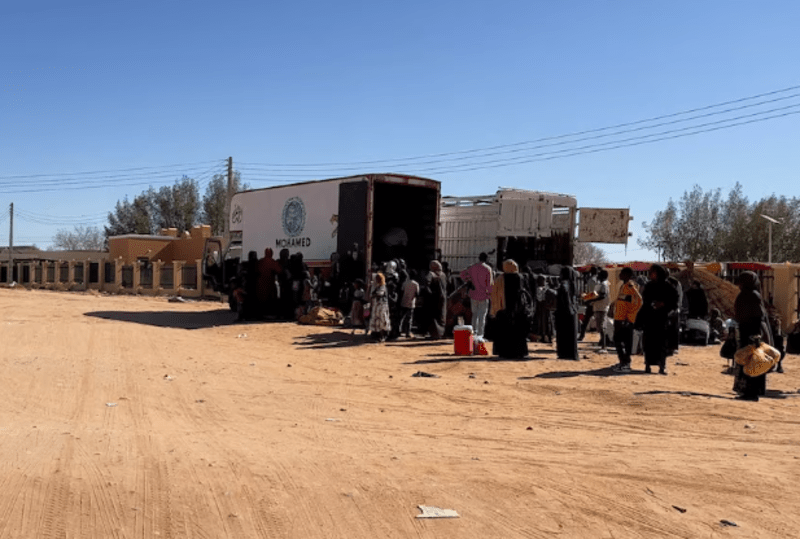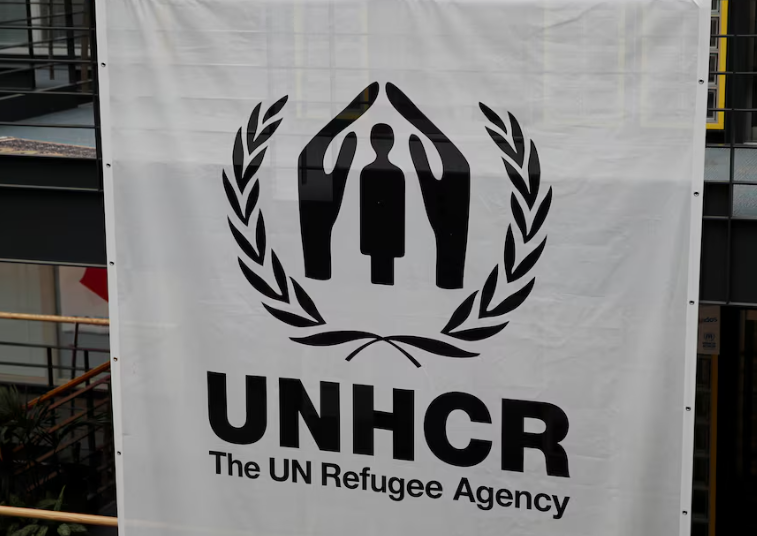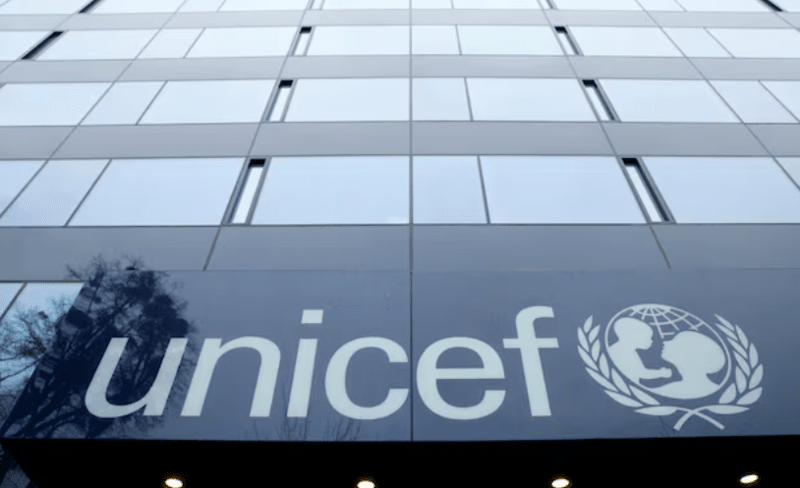Cooking gas prices hit record high despite state efforts to cut costs
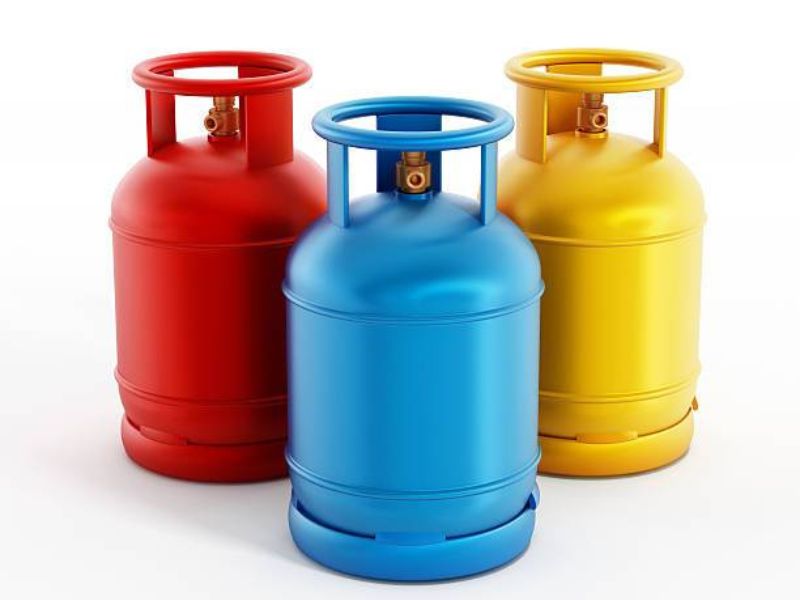
By Bashir Mohammed |
This surge defies state-backed initiatives to reduce the cost of essential fuel, including the removal of the eight per cent value-added tax (VAT).
Cooking gas prices in Kenya have soared to an unprecedented high, reaching a staggering average of Sh3,231.84 for a 13-kg cylinder in March.
This is compared to an average price of Ksh3,187 in February 2024 and Ksh2,600 in January 2024.
Keep reading
This surge defies state-backed initiatives to reduce the cost of essential fuel, including the removal of the eight percent value-added tax (VAT).
The Finance Act 2023 implemented this as part of President William Ruto's plan to boost usage in accordance with Kenya's policy to transition to clean energy by 2030.
The Eastleigh Voice conducted a spot check in various areas of Nairobi and found price discrepancies compared to the data released by the Kenya National Bureau of Statistics (KNBS).
As of March 2024, households in the Milimani area paid an average of Sh3,330 for a 13- kg cylinder, while the 6- kg cylinder retained a price of Sh1,495.
In Ngara, Nairobi, residents are paying an average of Sh3,300 for a 13- kg cylinder, whereas the price for a 6- kg cylinder is Sh1,600.
Similarly, residents in Mbagathi and Langata paid Sh3,000 for a 13-kg cylinder and Sh1,400 for a 6-kg cylinder. In Kahawa Sukari, Mwihoko, the prices were Sh2,700 for a 13- kg cylinder and Sh1,300 for a 6- kg cylinder.
Lastly, in Thika and its environs, residents paid an average of Sh2,600 for a 13- kg cylinder and Sh1,600 for a 6- kg cylinder.
Data from the Kenya National Bureau of Statistics (KNBS) reveals that the average price of cooking gas continued an upward trajectory in March, marking a 1.4 percent increase from February and a three percent year-on-year jump.
This new high surpasses the peak of Sh3,218 recorded in June 2022, induced by disruptions that resulted from the Russia-Ukraine conflict.
Retail outlets are selling cooking gas at even higher prices, some at Sh3,330, while others offer refills below the national average at rates as low as Sh3,090.
A spot check
The KNBS predicts a potential decrease in prices in the coming quarters as summer approaches and the shilling strengthens against the dollar.
Despite efforts by the National Treasury to alleviate the burden on consumers by removing the eight percent VAT on liquefied petroleum gas through the Finance Act of 2023, recent price hikes have surpassed pre-relief levels.
Additionally, the Cabinet proposed the elimination of all taxes on LPG last October, aiming to make clean fuel more affordable and reduce reliance on environmentally harmful alternatives like kerosene and charcoal.
However, as fluctuating global market dynamics and currency depreciation continue to impact the cost of importing cooking gas, the relief these measures provided was short-lived.
In response to the escalating prices, the state has introduced the LPG Growth Policy, which aims to transition households to the use of cooking gas.
The policy includes provisions for LPG reticulation infrastructure in housing developments and the distribution of subsidised cylinders to low-income households.





